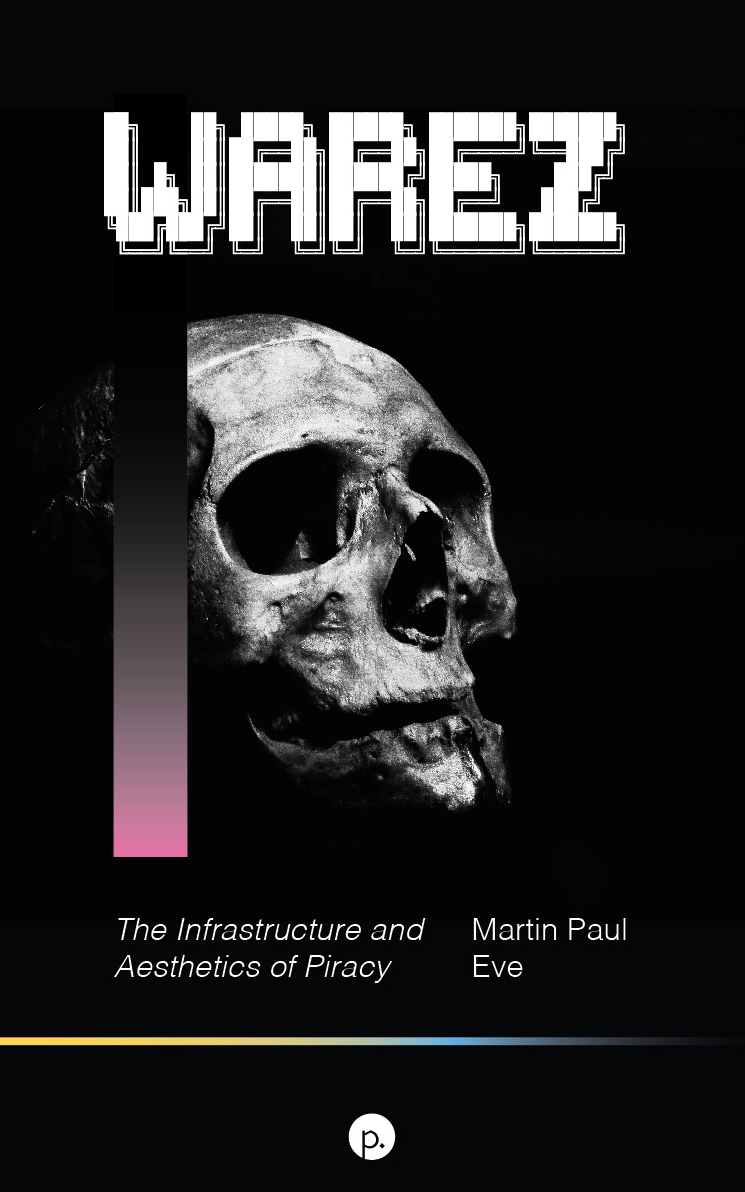Review of 'Warez: The Infrastructure and Aesthetics of Piracy' on 'Goodreads'
2 stars
I was hopeful for a fun history on the foundation, infrastructure and aesthetics of the "Warez Scene". While the book does touch on these topics, it struggles from an identity crisis the entire time that drags down the quality of the work. Rather than a strong narrative, the author decided to apply the template of academic paper which I imagine is their comfort zone. While books with the structure of an academic paper can have great information, they're rarely enjoyable to read and provide no meaningful narrative. In this case, the entirety of the book is without personality, having no interviews and only catering a core argument that just underwhelms ("Warez Scene as an ARG"). The tangents don't feel related, adding bulk to a book that really didn't need it. They only seem included to show the virtue of the author rather than a useful challenge to any systemic issues …
I was hopeful for a fun history on the foundation, infrastructure and aesthetics of the "Warez Scene". While the book does touch on these topics, it struggles from an identity crisis the entire time that drags down the quality of the work. Rather than a strong narrative, the author decided to apply the template of academic paper which I imagine is their comfort zone. While books with the structure of an academic paper can have great information, they're rarely enjoyable to read and provide no meaningful narrative. In this case, the entirety of the book is without personality, having no interviews and only catering a core argument that just underwhelms ("Warez Scene as an ARG"). The tangents don't feel related, adding bulk to a book that really didn't need it. They only seem included to show the virtue of the author rather than a useful challenge to any systemic issues even though the author tries to note that "watching anime" is their only example of "appreciating foreign culture" which feels kinda racist when you could just say these kids like weird cartoons.
Even that core argument feels flimsy and unassessed. Bits of the "Scene" are presented and the author says something like "As part of an ARG..." without ever meaningfully interrogating that idea. During the chapter on takedowns, the author presents the people as compulsive, needing to do this for some sense of community and power. While you could say that's an ARG, it feels reductive when there's more to say about the actual people involved and the fracture in their sense of self that would cause them to spend "12 to 15 hours a day checking for new releases". The idea is presented solely to paper over the fact that the author did not perform any interviews or try finding anything beyond the NFO dumps and news sites.
Ultimately, it's got some details but the structure is poor. I don't think there's going to be something better for some time short of the much better but much more limited in scope "How Music Got Free" by Stephen Richard Witt with its deep dive into the music industry, its conditions and the thrust that piracy placed upon it during the decline of the CD.

